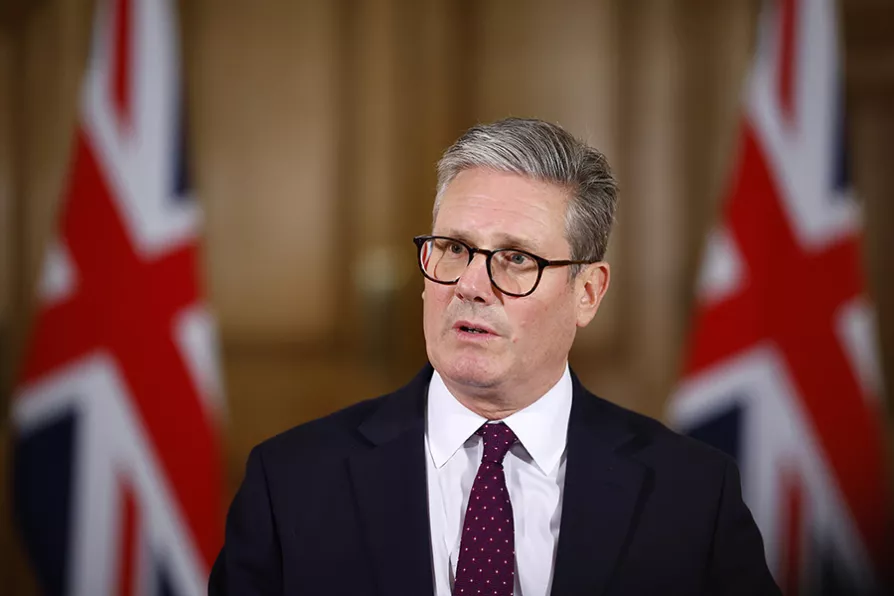Hundreds protested against the US-Israel attacks on Iran in Parliament Square on Saturday, fearing a wider conflagration and horrified by the targeting of young schoolchildren, writes LINDA PENTZ GUNTER


IN politics, there are two sorts of issues — those that matter and those that “cut through.”
The latter are those which seize the popular imagination and shape perceptions of parties, politicians and governments.
Sometimes, the two categories overlap — as in the Palestine solidarity movement, for example. Other times, they dwell in separate political universes.

As the PM and his chief of staff’s blunders have mounted up, ANDREW MURRAY wonders who among Labour’s diminished ‘soft left’ might make a bid for the leadership

A ‘new phase’ for Starmerism is fairly similar to the old phase – only worse. ANDREW MURRAY takes a look

Reform’s rise speaks to a deep crisis in Establishment parties – but relies on appealing to social and economic grievances the left should make its own, argues NICK WRIGHT











